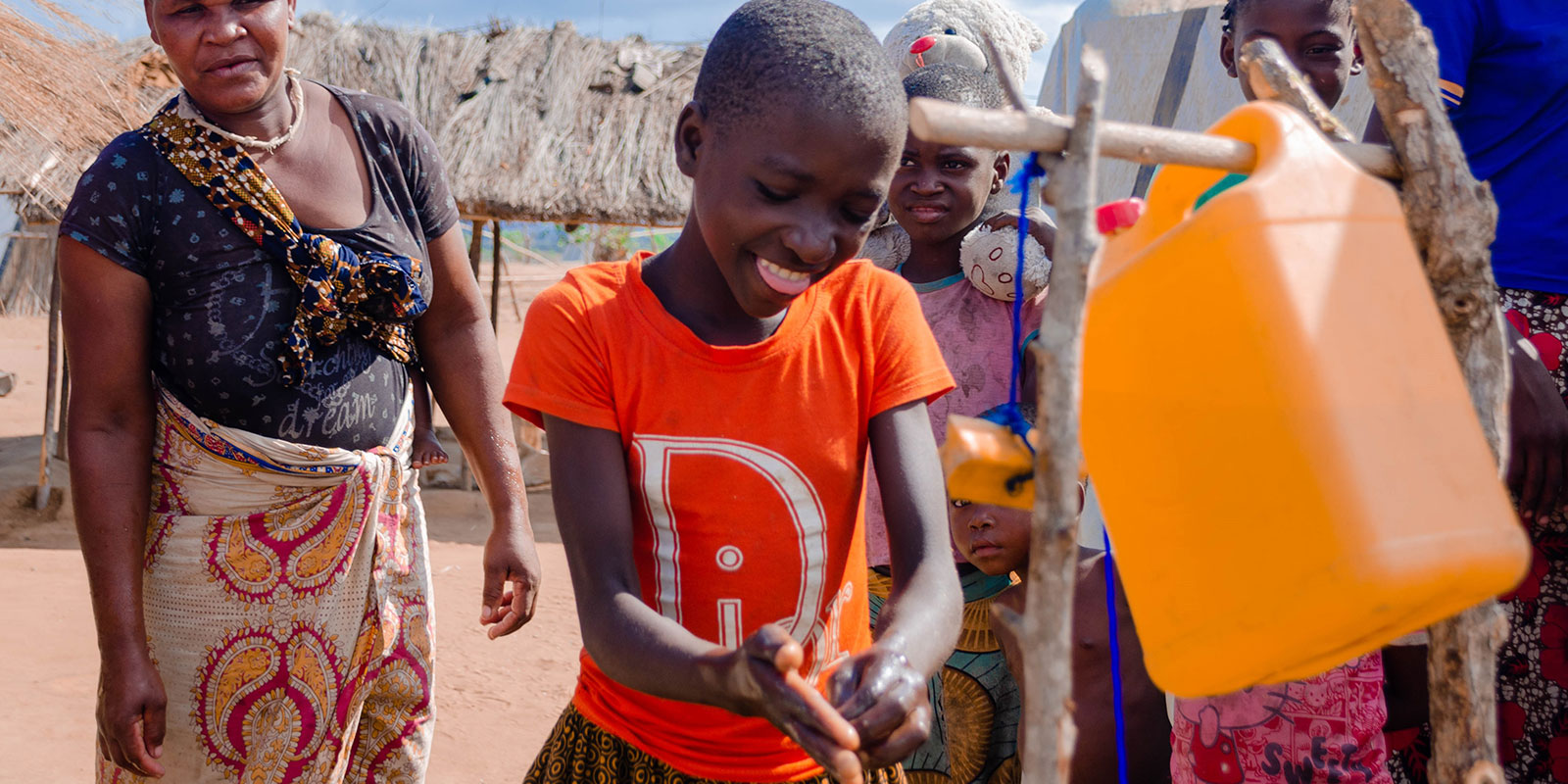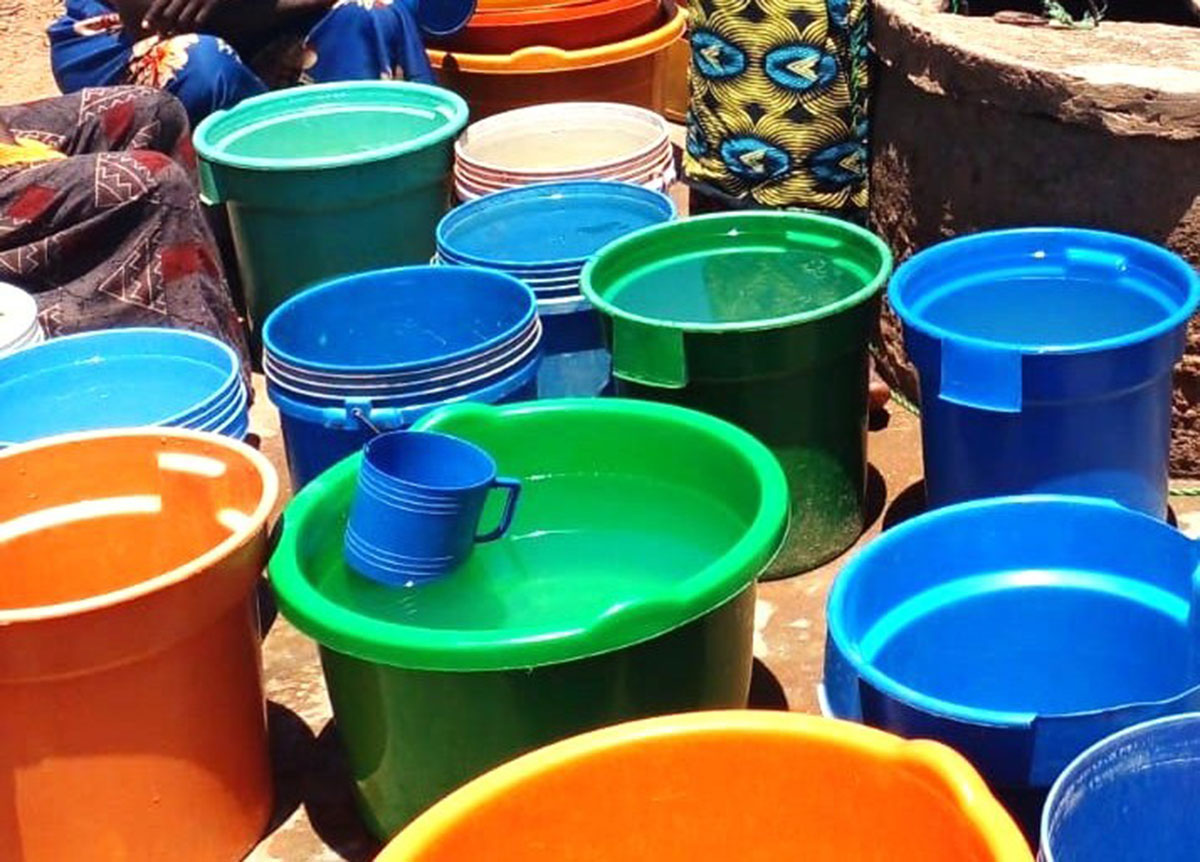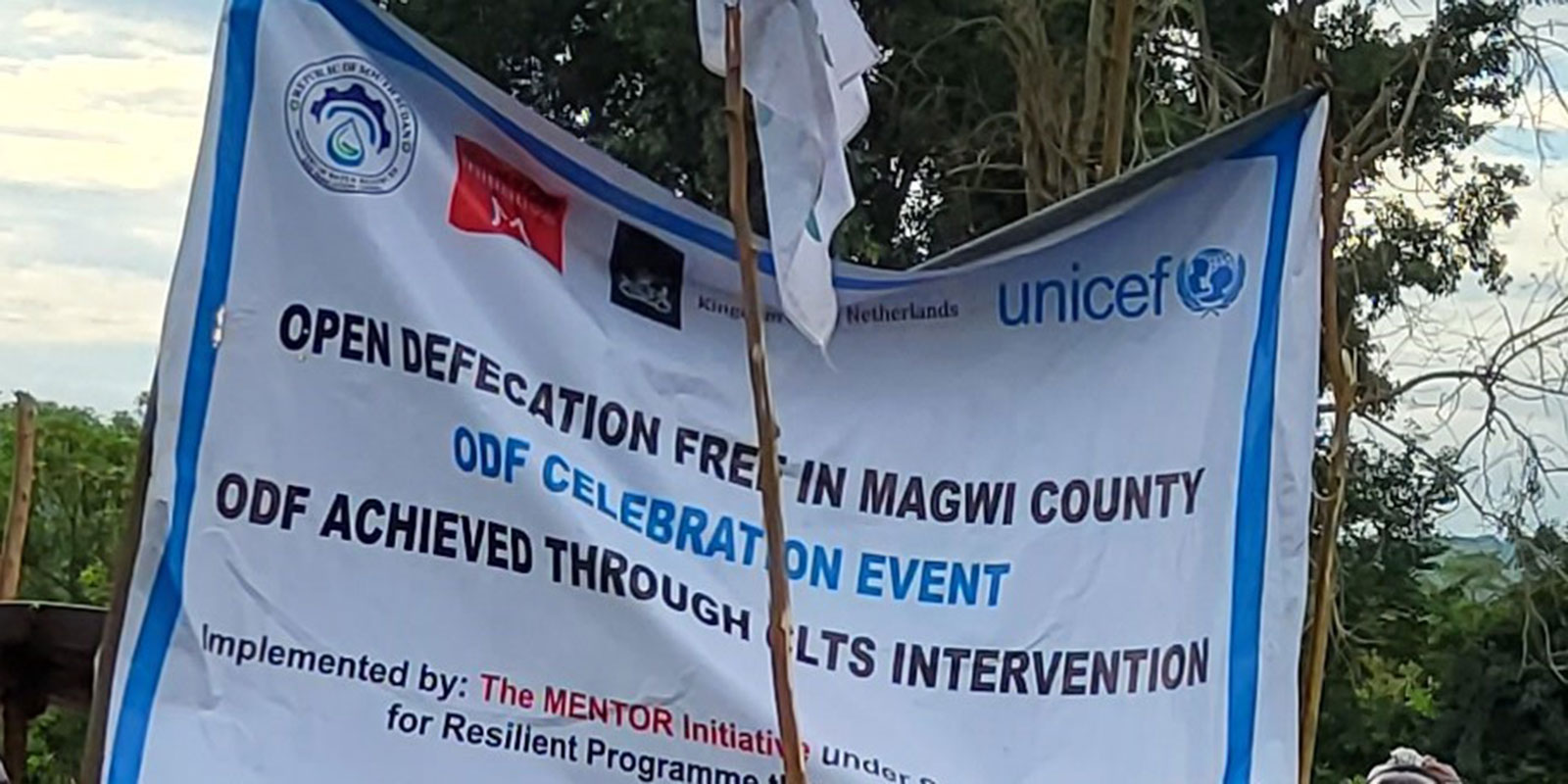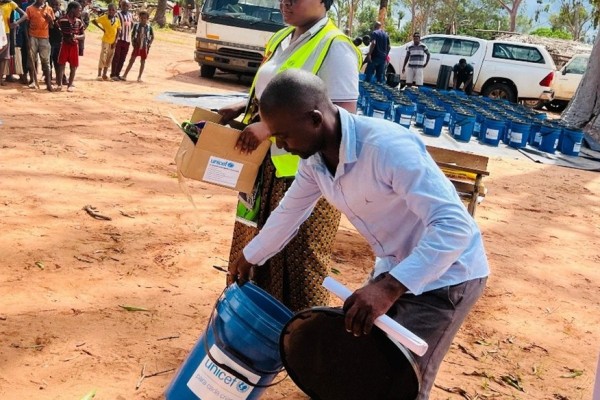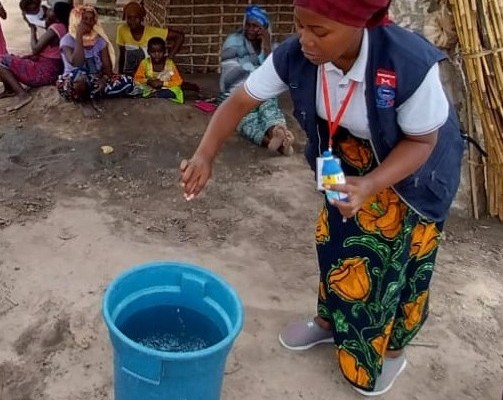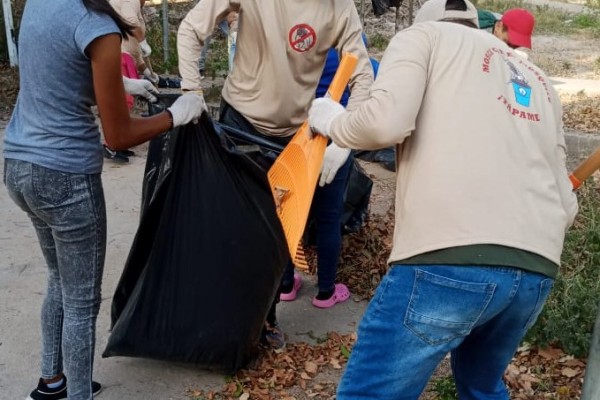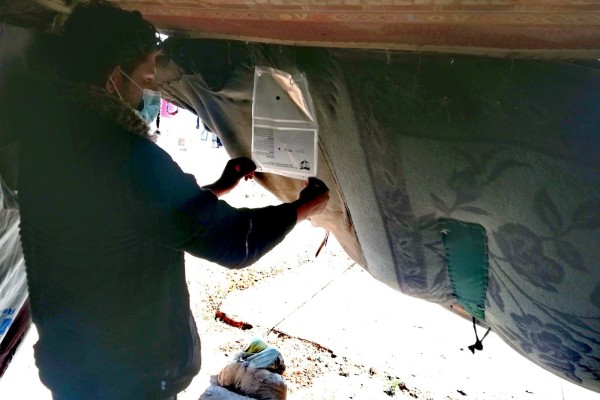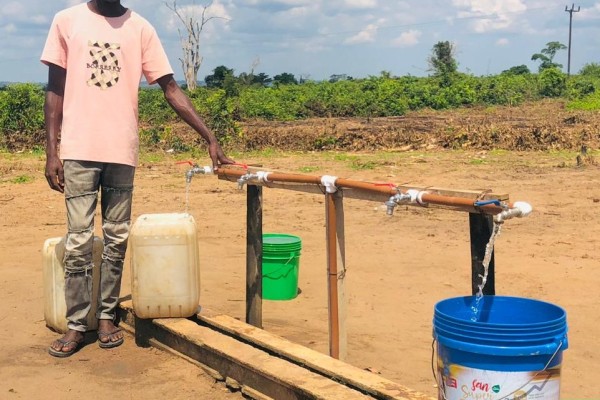By addressing the faecal-oral route of transmission, reducing breeding sites for multiple disease vectors, and reducing disease-carrying pathogens in water we create healthier environments to help prevent the spread of diseases.
To improve access to safe water, sanitation and hygiene we focus on:
Infrastructure Development
Working with local authorities and other agencies to improve water supply systems, build or repair sanitation facilities, and establish safe and sustainable hygiene infrastructure.
Safe Water
Simple, cost-effective water purification to make drinking water safe is essential to protect communities from water-borne diarrhoeal diseases. MENTOR supports emergency supply of safe drinking water as well as sustained systems for water purification.
Community-Led Total Sanitation
Empowering and engaging communities to take ownership of their sanitation and hygiene solutions, to create lasting changes in sanitation behaviours, reduce open defecation and contribute to overall improvements in health.
Waste Management
Good waste management is essential for maintaining a clean and healthy environment and to reduce mosquito breeding sites. Waste management strategies are implemented that promote safe disposal practices and removal of waste, in partnership with local stakeholders. Activities focus on raising awareness, training local health workers, and establishing waste collection and disposal systems.

